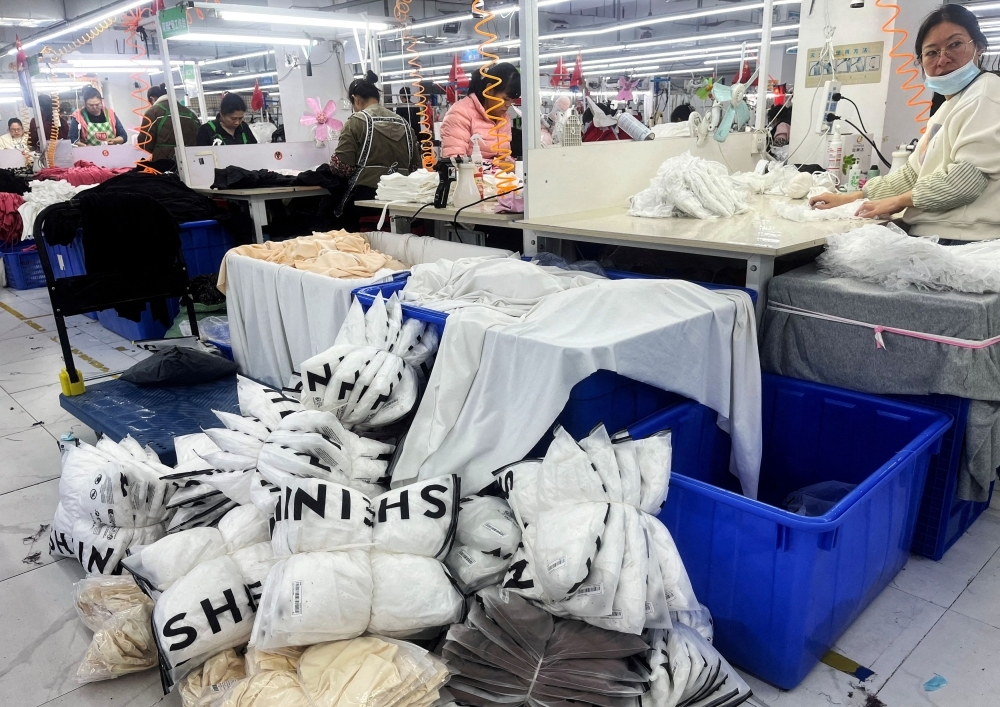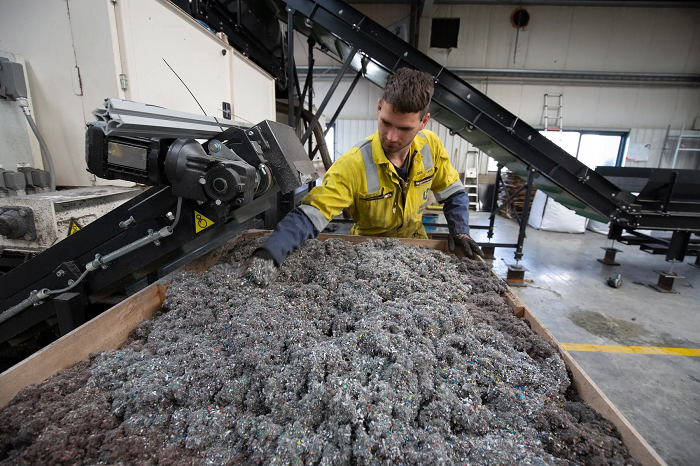Valued at $1.32 billion in 2023, the global organic cotton market is projected to grow at a CAGR of 44.4 per cent from 2025-30, according to a report by ResearchandMarkets.com.
This growth is likely to be driven by increasing consumer demand for sustainable products and rising awareness of the environmental impacts of conventional cotton farming. The shift towards organic cotton is motivated by the desire to reduce the ecological footprint of textile production and address health concerns related to chemicals used in traditional cotton agriculture.
Organic cotton is cultivated without toxic pesticides or genetically modified organisms (GMOs), using eco-friendly farming methods. These practices promote biodiversity, enhance soil quality, and often require less water than conventional cotton. Furthermore, organic cotton farming aligns with fair trade principles, ensuring fair wages and safe working conditions for farmers, which adds to its appeal among consumers, manufacturers, and retailers.
Fashion brands and retailers are increasingly incorporating organic cotton into their products, responding to the growing demand for sustainable and ethically produced clothing. Organic cotton has gained popularity in apparel, home textiles, and personal care products, including bed linens, towels, and hygiene items. Social media and digital marketing have played a key role in raising awareness about organic cotton, increasing its visibility and driving demand. These platforms help build consumer trust by providing transparency about the ethical and sustainable origins of products.
Government regulations and international standards are also supporting the organic cotton market. Stricter rules on chemical use in agriculture, along with subsidies and financial incentives for organic farming, are encouraging farmers to transition from conventional to organic cotton cultivation.
The fashion industry is a major driver of the organic cotton market, with leading brands aiming to improve their sustainability credentials. High-profile collaborations between textile manufacturers and fashion companies have further boosted the visibility of organic cotton.
In terms of value, the Asia Pacific region leads the global organic cotton market, driven by growing consumer awareness of eco-friendly products and strong regulatory support. International brands are increasingly sourcing organic cotton from this region, supported by certifications such as the Global Organic Textile Standard (GOTS).












